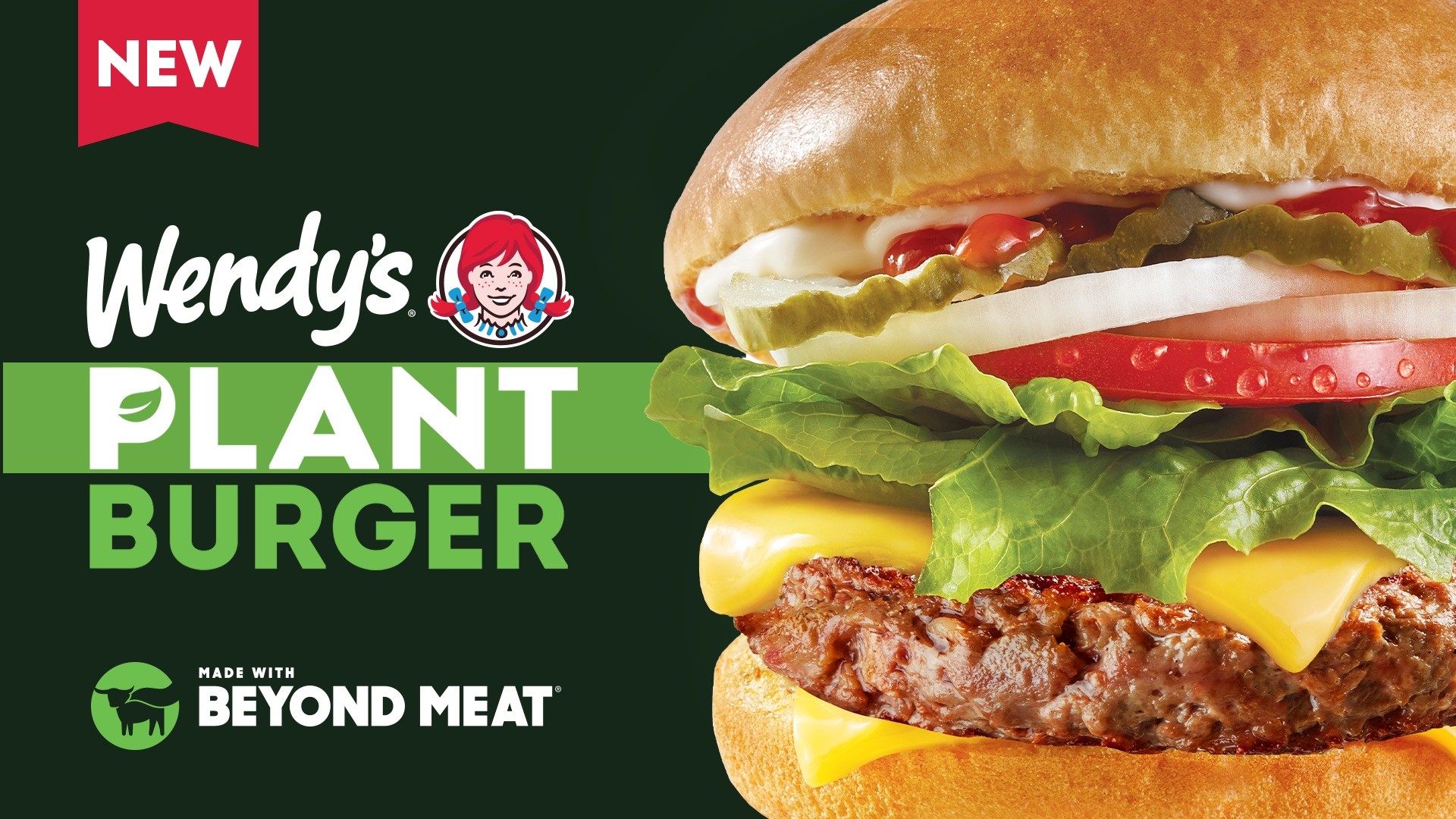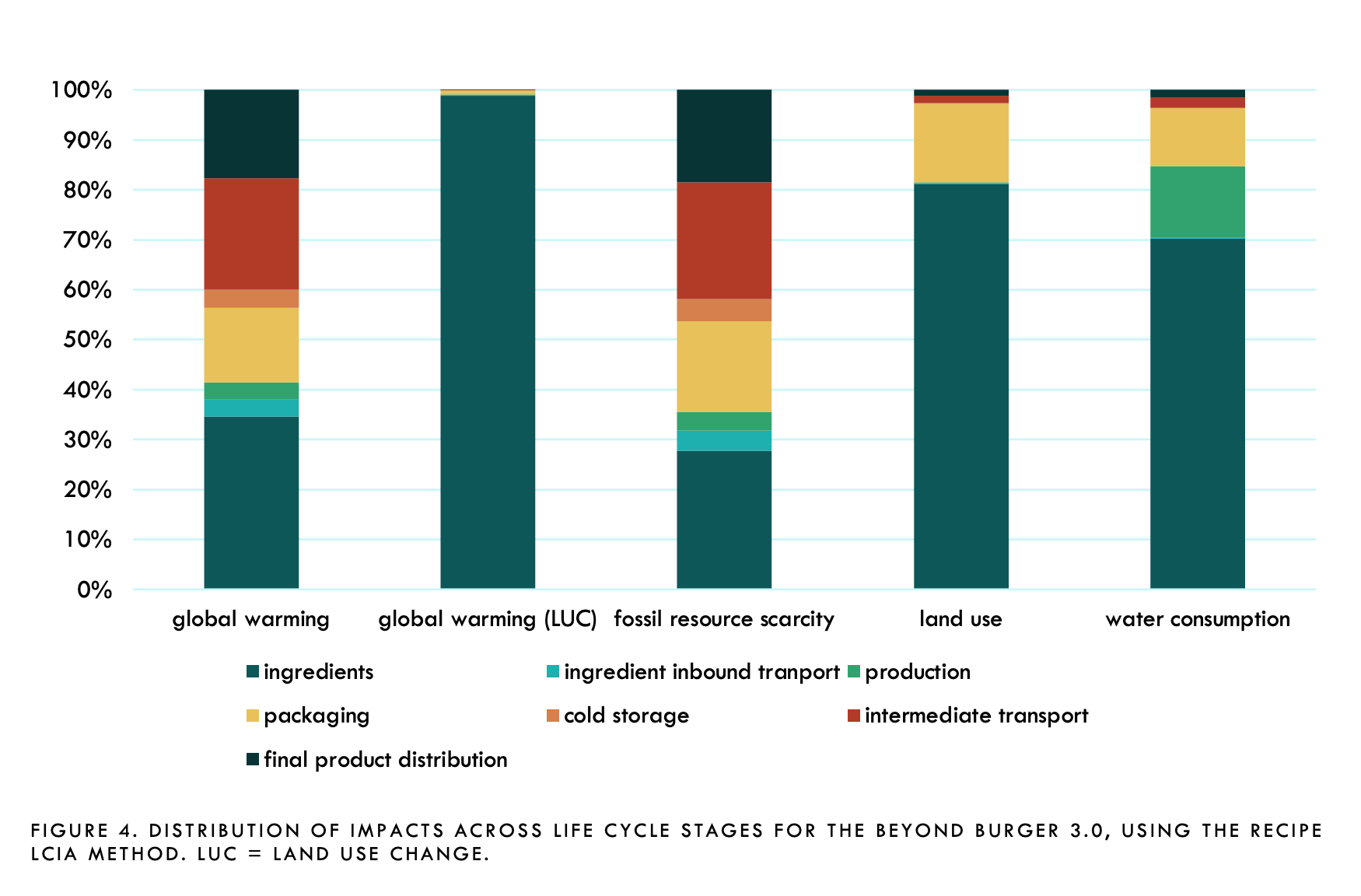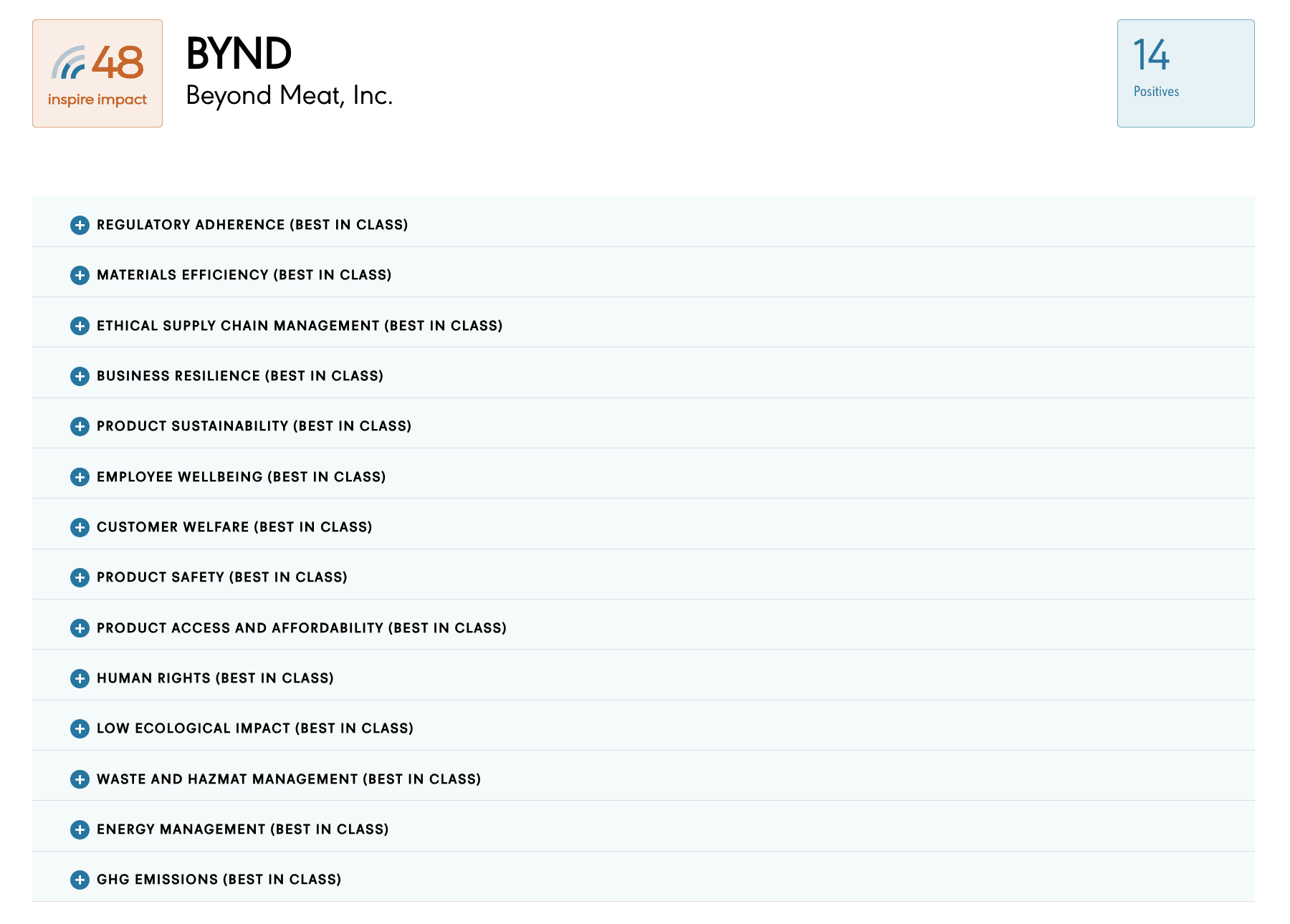Jul 9, 2025
Pea protein, rice protein, mung bean protein, and a blend of oils and extracts – sounds like a vegan burger recipe. But for Ethan Brown, founder of Beyond Meat, it’s a recipe to save the world from climate change.
As of November 2024, Beyond Meat’s latest innovation is its expansion into Europe with the launch of a new plant-based burger in a country straddling Eastern Europe and Western Asia, about 10,000 km from the U.S. – Georgia. This marks one of over 80 countries where Beyond Meat products are now available.
A leader in the plant-based protein market, Beyond Meat is known for creating products that closely mimic the taste and texture of traditional meat. The company’s mission goes beyond food – it’s about tackling global challenges like climate change, conserving natural resources, and practicing compassion for all living creatures, including animals.
For Ethan Brown, the founder, this purpose began long before 2009, the year he founded Beyond Meat. Raised between New York and frequent visits to a farm, he developed a deep love for nature. After college, Brown, a Washington, D.C. native, became determined to confront what he saw as the world’s most pressing issue – climate change.

Beyond Meat and Wendy’s Georgia have partnered to introduce the Wendy’s Plant Burger, a new plant-based meat option. Credits: Beyond Meat
Caring for God's creation
“You can talk for hours about why it makes sense for us to eat meat. … But you have this unavoidable thing – you’re causing pain. Do you want to do that?” Brown rhetorically asks in one of his interviews when asked about choosing to refuse meat.
This belief in caring for animals aligns with the set of principles that seems to have shaped Brown’s life. He views Earth as his cherished home, and he’s committed to protecting it like a gardener tending to a garden of Eden.
“I got into climate because I care a lot about the Earth,” he says, recalling his early work in the energy sector developing clean energy technologies before founding his company.
The idea for Beyond Meat came when Brown visited University of Missouri professors Fu-Hung Hsieh and Harold Huff, who had been developing meatless protein for years.
After licensing the technology, Beyond Meat launched its first product, Beyond Chicken Strips, in 2012 and expanded nationally in 2013.
Now a $343.4 million company, Beyond Meat offers a range of plant-based products, including the Beyond Burger, Beyond Sausage, and Beyond Meatballs.
4-in-1: eat healthy, save the planet
“You can focus on one thing, which is to simply change the protein, and have a real impact on four global issues that fascinate me: the climate, natural resources, animal welfare and human health,” explains Brown.
Plant-based meat gives you the same nutrients as regular meat, but with a much smaller environmental footprint. It uses 79% less land, 95% less water, and cuts water pollution by 93%.
The Good Food Institute, a non-profit organization supporting plant-based options, says these foods are not only more efficient but also better for the planet.
Plant-based diets are healthier – research in the European Heart Journal shows they can help prevent blocked arteries and reduce the risk of heart disease, stroke, and heart attacks.
And obviously, faux burgers contribute to animal welfare by eliminating the need for animal farming and slaughter.
In 2018, Beyond Meat showed that its plant-based burger outperforms beef in sustainability, with 90% fewer greenhouse gases, 46% less energy use, and far less impact on water and land.
Beyond Meat’s 2022 ESG (Environmental, Social, and Corporate Governance) report outlines the company’s commitment to stewardship and responsibility across various areas. It covers product quality, innovation, health, packaging, environmental impact, supply chain practices, and company culture. Or, more simply, it’s the best example of stewardship.

Credits: Beyond Meat
Ethan Brown emphasized that addressing climate impact is Beyond Meat’s core mission. He shared a two-part strategy.
“One, focus on bringing down methane quickly by transitioning away from animal-based to plant-based meats as part of a shift to plant-based diets. Two, sequester carbon on lands freed up by the transition to plant-based meats and a plant-based food system,” Brown explained.
Mission, not just a business
Beyond Meat went public in 2019 with a record-breaking IPO, becoming the first plant-based meat company to debut on the stock market. The company’s shares surged by 163%, and soon after, Beyond Meat partnered with major fast-food chains like McDonald's and KFC. These collaborations brought new menu items such as the McPlant Burger and plant-based options like pizza toppings, chicken alternatives, and potential taco fillings for Yum Brands' restaurants like Taco Bell and Pizza Hut.
CEO Ethan Brown expressed pride in these partnerships, saying,
“I cherish those relationships. … There’s a real genuine desire there to continue to improve the health profile of their menus. I think it’s sincere.”
While these efforts might not appeal to meat-eaters, the broader goal of caring for the environment and animals is undeniably important and noble.
Beyond Meat aimed to redefine the American diet and, for a time, earned consumer trust in its mission.
“Do good to those who hate you”
However, the company’s growth faced a setback in 2019 when the Center for Consumer Freedom, backed by food industry lobbyists, launched a campaign attacking the health benefits of plant-based meats. The campaign featured TV ads and full-page newspaper spreads, questioning what’s “hiding” in these products.
Despite the nutritional benefits of Beyond Meat's burgers, the campaign gained traction. A survey showed that while 50% of people thought plant-based meat was healthy in 2020, that number dropped to just 38% by 2022.
“The worst part was that consumers were starting to believe it,” Brown says.
The Beyond Meat CEO was shocked by the campaign’s impact.
“We felt that, all of a sudden, the dream that you could have a really nice burger that was really good for your body and good for the earth started to really destabilize. And that was due to these campaigns,” he said.
But Brown did not give up. Neither financial struggles, declining sales, nor job cuts shook his belief in doing good. He remains steadfast in his commitment to reducing methane emissions and advancing plant-based food systems, confident that progress is still possible for both the planet and the business.
As we all know, “Let us not become weary in doing good, for at the proper time we will reap a harvest if we do not give up.”
Beyond profit
Beyond Meat may not explicitly link its mission to Christian values, but its actions speak volumes. Even in times of hardship, the company cares about more than just profit – it exists to make the world a better place, and it stands firm in that commitment.
Beyond Meat partners with like-minded organizations and pushes for food system reform to offer healthier, more sustainable food options. Its bold vision is to transform global food systems and make plant-based products as affordable and accessible as traditional meat.
The company holds strong ratings on Inspire Insight, a platform that highlights businesses aligning with Christian values through ethical practices and positive impact. It leads the way in regulatory compliance, material efficiency, ethical supply chain management, business resilience, product sustainability, customer welfare, product safety, and human rights – and the list goes on.

Credits: Inspire Insight
At the heart of Beyond Meat’s success is its mission-driven culture, where innovation and resilience are key. Employees are encouraged to rise to the challenge and think outside the box, “making a way in the wilderness and streams in the wasteland.” In a world full of obstacles, Beyond Meat proves that progress is possible – one plant-based burger at a time.
